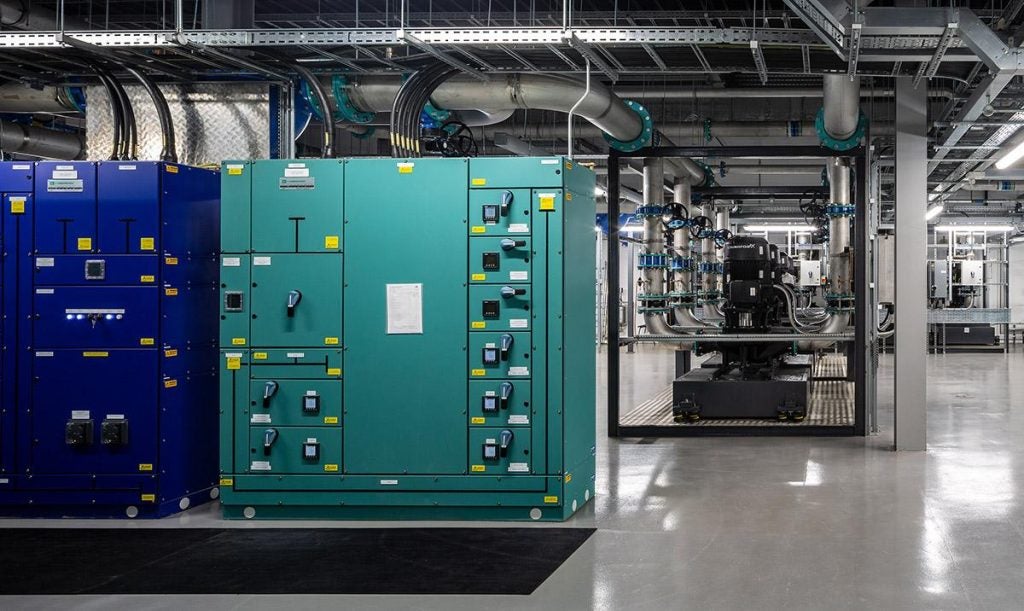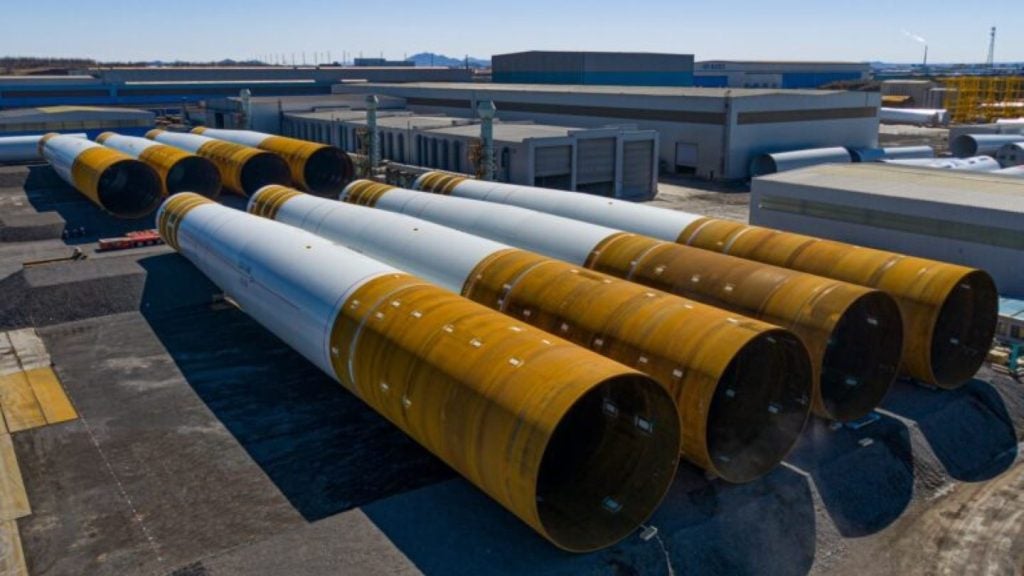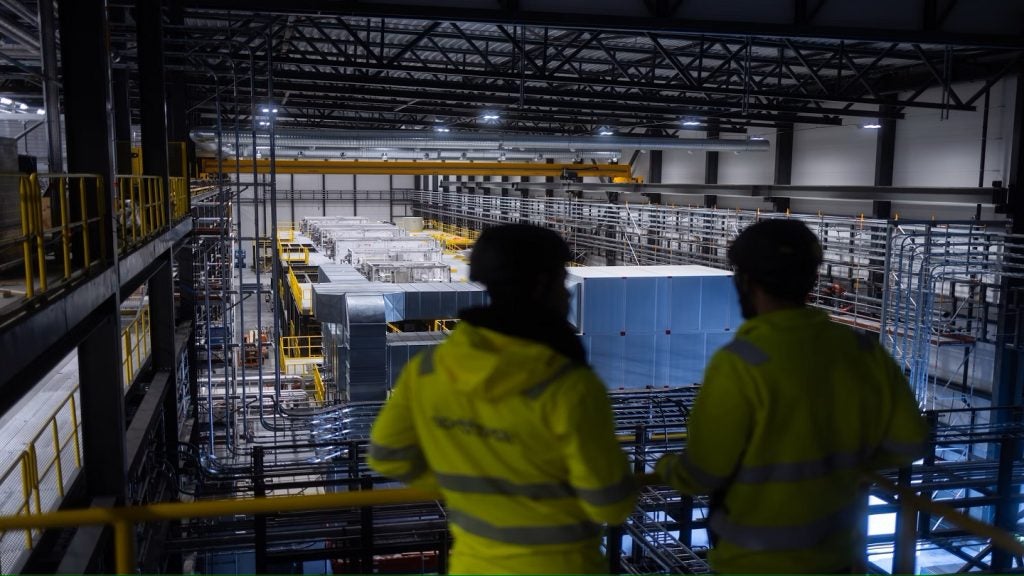The University of Edinburgh has launched a £2.6m ($3.2m) feasibility study to assess whether excess heat from its supercomputer could be used to heat thousands of Scottish homes.
The University of Edinburgh’s ACF is an enormous supercomputer used for critical research at the university, as well as UK national research systems across many industries, including climate modelling and health data modelling. Composed of multiple rooms, the computing systems generate around 70 gigawatt-hours of excess heat per year. The new study aims to evaluate the potential of excess heat in generating sustainable heat for up to 5,000 homes in the Scottish capital.
By augmenting the cooling systems for the supercomputers to transfer captured heat into water held in a disused mine near the ACF, heat could be generated to warm homes with heat pump technology already installed.
The University of Edinburgh is contributing £500,000 to the research project, with industry and academic partners from across Scotland, the US and Ireland providing additional funding.
Lead academic on the project, Professor Christopher McDermott of the University of Edinburgh’s School of Geosciences, said: “This project opens up the potential for extracting heat stored in mine water more broadly.
“Most disused coal mines are flooded with water, making them ideal heat sources for heat pumps. With more than 800,000 households in Scotland in fuel poverty, bringing energy costs down in a sustainable way is critical, and using waste heat could be a game-changer.”
This is not the first time disused mines have been explored as a source of heating for UK homes. In March 2023, coal mines outside Bristol in the south-west of England were the focus of a £60m project aiming to find alternatives to fossil fuel-powered boilers for up to 26,000 homes in the area.
Mayor of the West of England, Dan Norris, said of the Bristol project: “I can’t think of anything that would be more fantastic than to think what had contributed to carbon dioxide emissions over hundreds of years was then able to turn around and reduce them. There is a kind of irony but also an important purpose there”.















